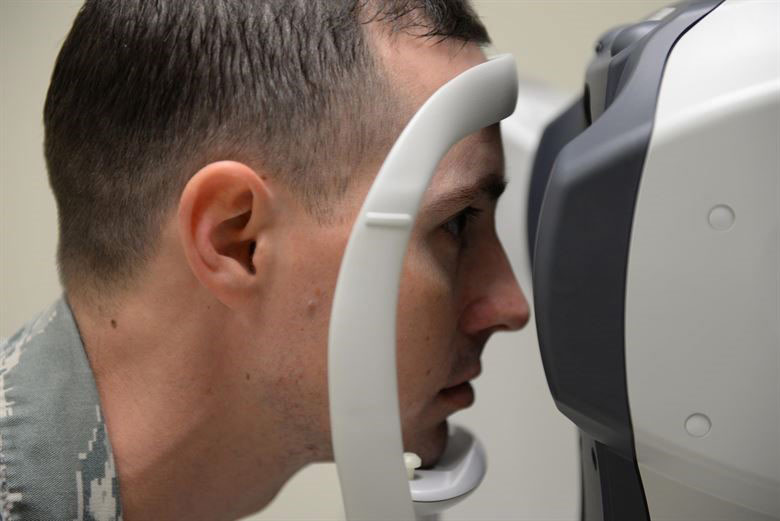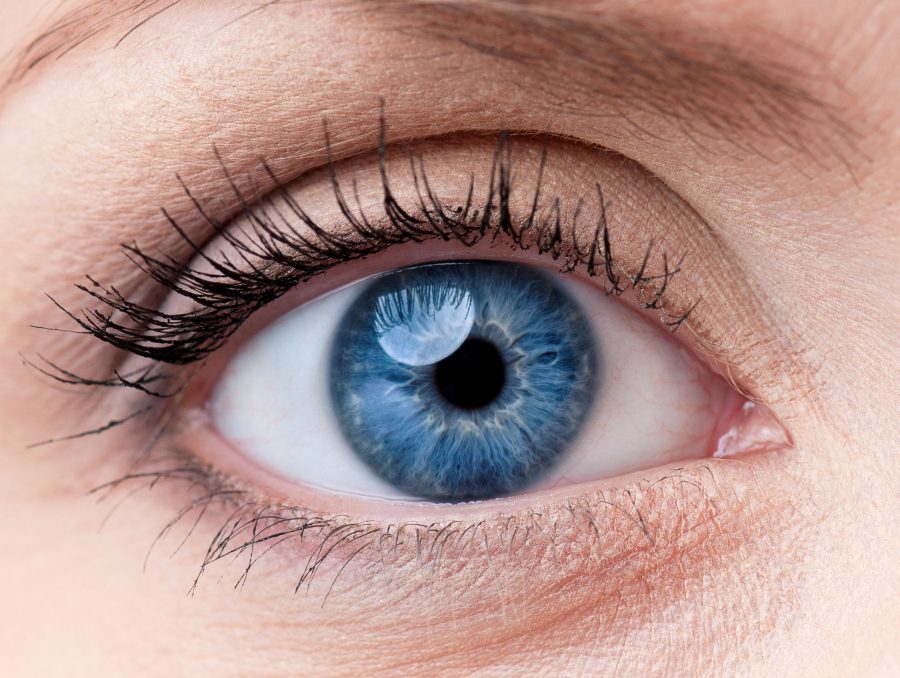The optic nerve consists of over one million nerve fibers. As part of the central nervous system, it is responsible for transmitting visual information from the eye to the brain. Sudden swelling of the optic nerve can cause damage to the nerve fibers, a condition called optic neuritis1, or demyelinating optic neuritis. When such inflammation occurs, it can lead to an impairment or loss of vision.
A single incidence of optic neuritis does not typically lead to a permanent loss of vision; in fact, the majority of individuals recover their sight. However, optic neuritis may suggest the presence of a chronic disease that affects the brain and spinal cord. Also known as retrobulbar neuritis, optic neuritis is highly associated with multiple sclerosis–a debilitating disease of the central nervous system. An episode may be an initial indication of the disease.
Optic neuritis symptoms usually occur in one eye. Signs and symptoms can include:

Although no precise cause of optic neuritis has been identified, there are certain medical conditions that have been linked with the problem.
The risk of developing autoimmune-related optic neuritis can vary according to age, sex, and race. The condition arises most frequently in:
Individuals who have an episode of optic neuritis usually suffer some permanent injury to the optic nerve–although they may be asymptomatic and show no outward signs of lasting damage. Although most people regain their vision after one episode, loss of vision and color perception may continue.
Approximately 20% of cases will lead to nerve problems or the development of multiple sclerosis.
A proper diagnosis of optic neuritis and the identification of any linked conditions is critical. To diagnose optic neuritis, a Beach Eye Medical Group ophthalmologist will carry out a comprehensive medical examination, which usually includes the following:

Optic neuritis usually resolves itself over time. However, if the episode optic neuritis is related to multiple sclerosis or an autoimmune disease, the patient runs a greater risk of recurrent optic neuritis–although vision may still return to normal, the prognosis is worse.
Treatment often depends on the circumstances of the onset. Some therapies that may help speed recovery after optic neuritis include steroid medications, often administered intravenously, and plasma exchange therapy. It should be noted, however, that steroid treatment has some potential side effects, specifically the suppression of the immune system.
If brain lesions were detected on MRI scans, the patient is considered at risk of developing multiple sclerosis. Medications such as Avonex, Rebif, Betaseron or Extavia may be prescribed to prevent or delay the development of the disease.
Vision problems such as optic neuritis can be serious. Any loss of vision, even if temporary, should be immediately evaluated by an eye specialist. If you develop new symptoms that affect your vision or if your loss of vision is accompanied by numbness or weakness in one or more of the limbs, contact an eye doctor at Beach Eye Medical Group in Huntington Beach, Orange County for an appointment.
References
1 What Is Optic Neuritis?. Available: https://www.aao.org/eye-health/diseases/what-is-optic-neuritis
2 Cryptococcosis. Available: https://www.ncbi.nlm.nih.gov/pmc/articles/PMC5808417/
3 Multiple sclerosis. Available: https://www.mayoclinic.org/diseases-conditions/multiple-sclerosis/symptoms-causes/syc-20350269
4 Neuromyelitis optica. Available: https://www.nhs.uk/conditions/neuromyelitis-optica/
5 What Is an Autoimmune Disease?. Available: https://www.webmd.com/a-to-z-guides/autoimmune-diseases
Dr. Semaan is such a nice doctor! He's very thorough and has such a kind, calming demeanor. I would recommend him to anyone needing an eye doctor!